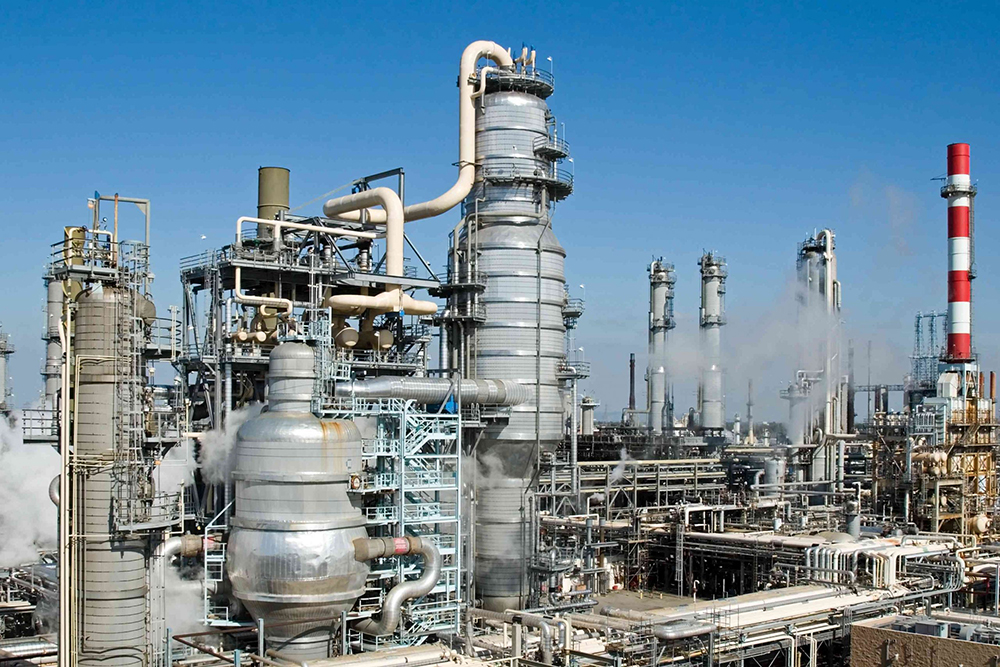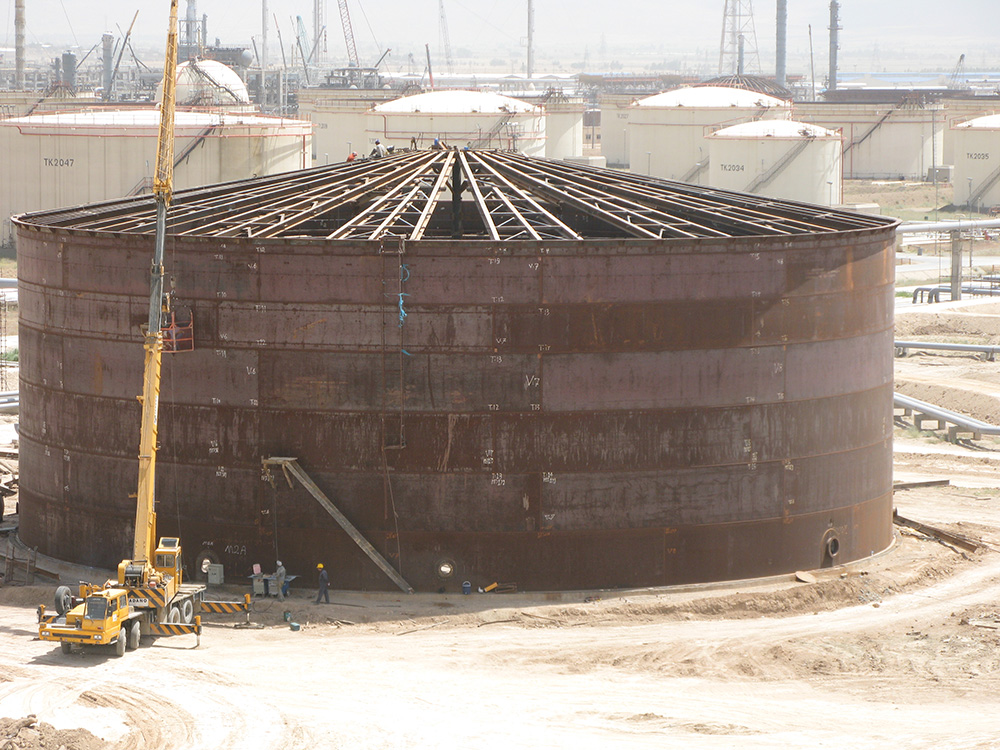Refinery equipment is the heartbeat of the oil, gas, and petrochemical industries. From heat exchangers to distillation towers, pumps, compressors, and storage tanks, all play an indispensable role in the production, separation, refining, and transportation of petroleum products. These pieces of equipment often operate under very harsh conditions, including high pressures, extreme temperatures, and corrosive fluids. Therefore, without a comprehensive and precise program for regular maintenance, even the most advanced equipment cannot maintain their optimal efficiency.
Petrosazeh Beinolmelal Aram Company (Petrosazeh), as a reputable manufacturer of refinery equipment, consistently emphasizes the importance of preventive and scientific maintenance by relying on engineering designs and international standards. In this article, we discuss the necessity of refinery equipment maintenance, common methods, the role of technology, and typical challenges in this field.
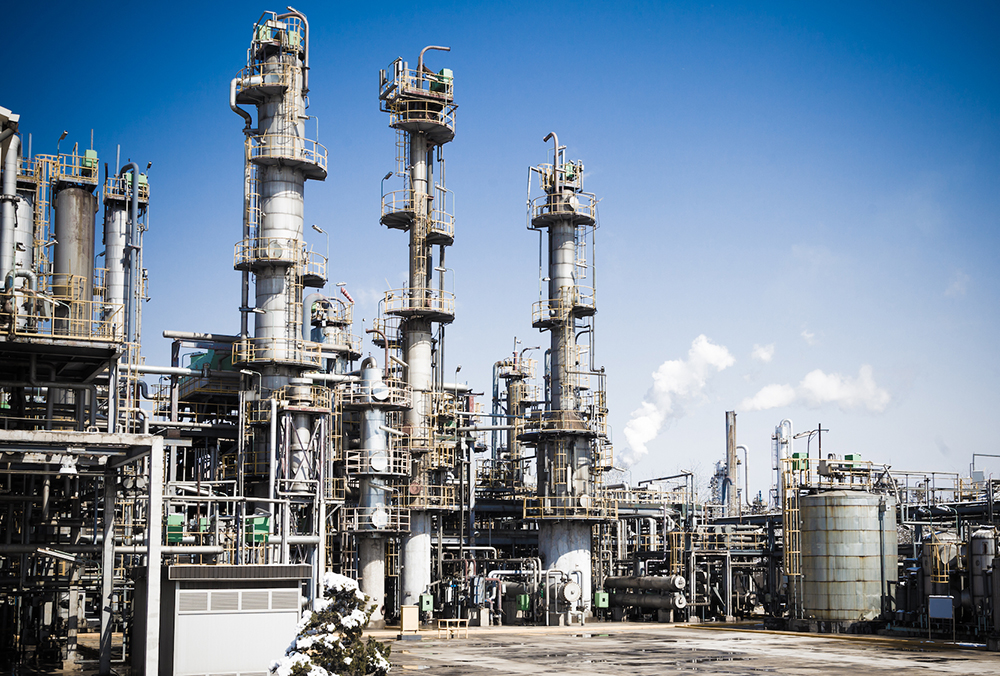
Why Is Refinery Equipment Maintenance Vital?
Regular maintenance of refinery equipment is not just a technical task but a critical part of a smart operational strategy in the refining industry. Some key reasons for its importance include:
Ensuring Continuous Production: A sudden failure of even one key piece of equipment, such as a heat exchanger or distillation tower, can halt the entire production line for hours or even days. Such shutdowns not only reduce output but impose enormous financial costs on the refinery.
Enhancing Operational Safety: Many refinery systems handle flammable, toxic, or corrosive materials. Any leaks, cracks, or failures can lead to serious incidents such as explosions or environmental contamination. Precise maintenance is the best way to prevent such events.
Reducing Long-Term Costs: Replacing damaged equipment or production downtime costs far more than regular maintenance. Even repairing a small part at the right time can prevent widespread damage to the entire system.
Extending Equipment Lifespan: Equipment produced by Petrosaze, when operated according to recommended maintenance schedules, can last for several decades. This ensures customers’ return on investment and reduces future capital expenditure.
Types of Refinery Equipment Maintenance Strategies
Preventive Maintenance: Periodic inspections, replacing worn parts, and checking system performance before failure occurs. This method is highly effective for equipment like heat exchangers and pumps. Petrosaze supports successful implementation by providing detailed maintenance instructions.
Predictive Maintenance: This method is based on operational data and condition monitoring. Tools such as vibration sensors, precise thermometers, and oil analysis provide device health information and enable early detection of issues.
Corrective Maintenance: Repairs are performed after a failure occurs. Although sometimes unavoidable, it is usually more costly and time-consuming. Petrosazeh strives to minimize the need for this type by producing durable equipment.
Total Productive Maintenance (TPM): A comprehensive approach involving all employees, from operators to managers, in maintenance processes. It focuses on training, participation, and continuous improvement. Petrosaze’s designed equipment supports and facilitates TPM implementation.
Safety in Maintenance: The Top Priority in Refineries
Given the hazardous nature of refinery materials, safety during maintenance is critically important. Use of work permits, personal protective equipment (PPE), complete line depressurization before repairs, and strict adherence to safety standards such as API and ASME are mandatory for any maintenance operation.
Petrosaze not only designs and manufactures equipment according to these standards but also provides safety guidelines to help refineries carry out maintenance with minimal risk.
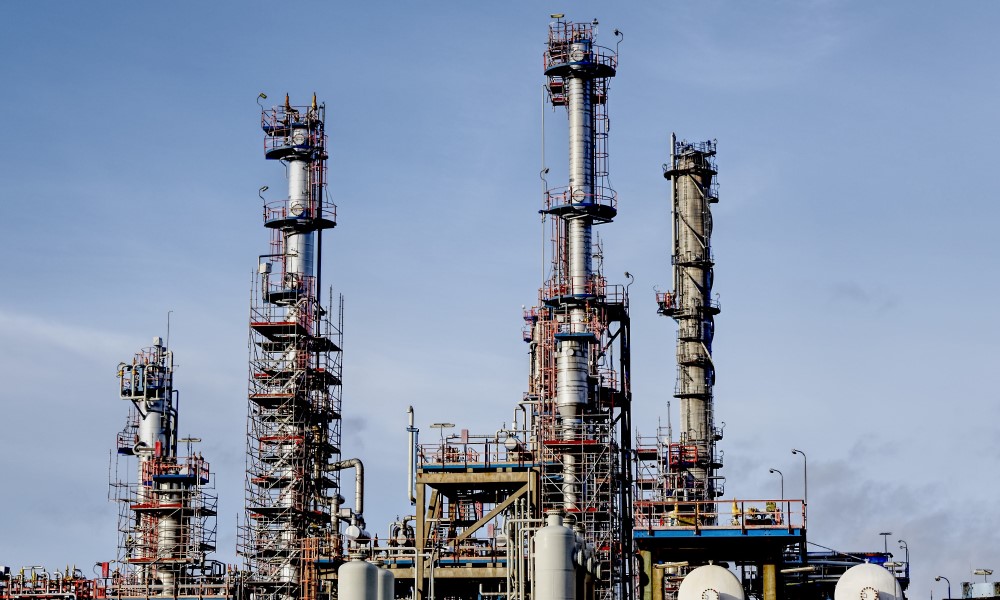
Impact of Maintenance on Productivity and Profitability
Well-maintained equipment experiences fewer breakdowns and operates more efficiently. For example, a clean and properly adjusted heat exchanger transfers heat more effectively, wasting less energy.
Reducing emergency shutdowns, improving energy consumption, decreasing waste, and lowering spare parts usage directly increase profitability. Petrosaze assists refineries in achieving these goals through consulting and technical support services.
Challenges in Refinery Equipment Maintenance
Technical complexity of modern equipment: Repairing them requires specialized knowledge and tools. Petrosaze fills this gap with detailed documentation and specialized training.
Limited time for repairs: Maintenance must be scheduled precisely, done in short windows and at the right time.
Shortage of standard spare parts: Using non-original parts leads to faster equipment failure.
New Technologies Supporting Maintenance
Internet of Things (IoT): Sensors installed on equipment linked to central systems enable real-time performance monitoring. Data on temperature, pressure, vibration, and fluid levels provides accurate health predictions.
Artificial Intelligence and Machine Learning: These analyze past data to predict failure times. Petrosaze designs equipment compatible with these systems to enable smart maintenance.
Robots and Drones: Used for inspection of hazardous or hard-to-reach areas like tall towers, enhancing safety and speed.
Role of Training and Human Resources in Maintenance Success
Even the most advanced equipment cannot perform well without trained operators. Petrosaze organizes specialized courses, provides instructional videos, and technical manuals to help refineries train their technical staff.
Creating a culture of awareness and encouraging staff to report issues early plays a crucial role in maintenance success.
Maintenance and Environmental Protection
Regular and proper maintenance not only improves efficiency but also prevents leaks of pollutants and greenhouse gases. Petrosaze produces leak-resistant equipment designed based on environmental standards to reduce negative impacts.
The use of biodegradable cleaning agents and green maintenance methods is also recommended for modern refineries.
Maintenance Management: From Planning to Precise Execution
Without proper planning, maintenance becomes reactive and ineffective. A good maintenance plan should include:
- Scheduling inspections and repairs
- Allocating human and financial resources
- Procuring original spare parts
- Using maintenance management software (CMMS)
PetroStructure Company supports the successful implementation of such programs through technical documentation, engineering consultancy, and operational support.
The Future of Maintenance in the Refining Industry
Proactive maintenance, using advanced analytics, digital twins, AI, and IoT, will play a major role in the future. Petrosaze understands this transformation and has started designing equipment compatible with these technologies.
Sustainable and environmentally friendly maintenance is also gaining importance, and Petrosazeh is upgrading designs and materials to meet these needs.
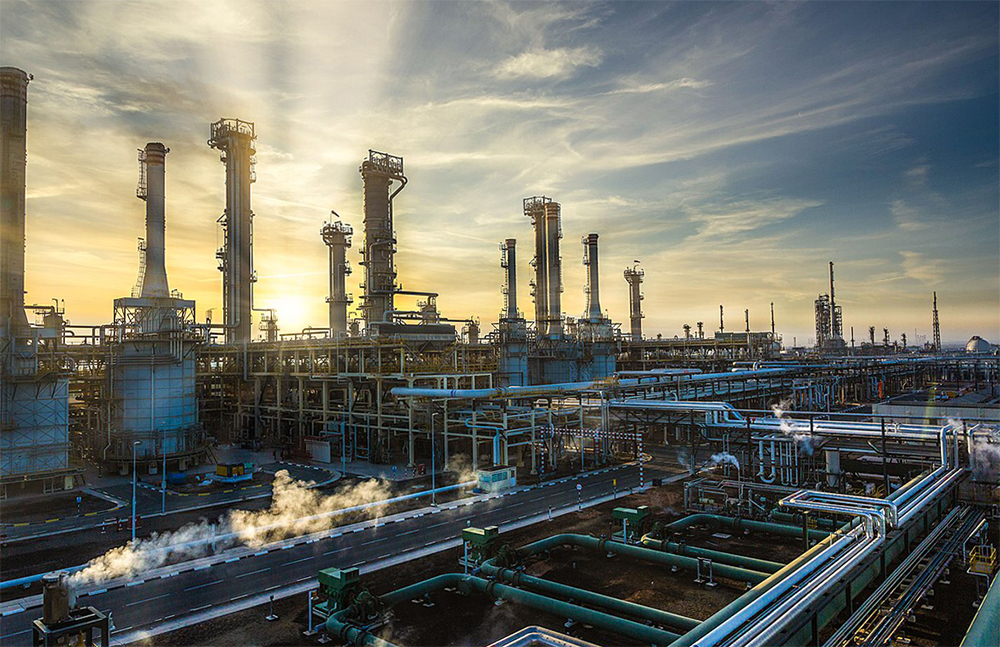
Conclusion
Maintenance of refinery equipment is not only a technical duty but an organizational strategy to increase efficiency, reduce costs, enhance safety, and protect the environment. Petrosazeh Beinolmelal Aram Company (IPS), by producing durable equipment, designing according to global standards, and providing technical support services, plays a vital role in refinery operational sustainability.
By adopting preventive, predictive, and intelligent maintenance approaches, refineries can maximize equipment utilization and secure a sustainable future for their industry.

